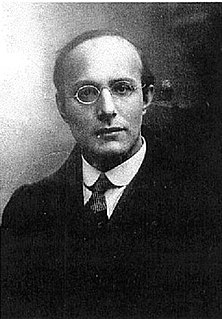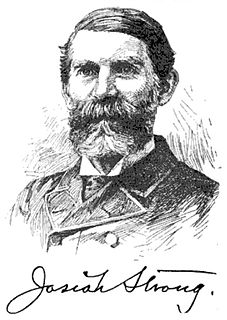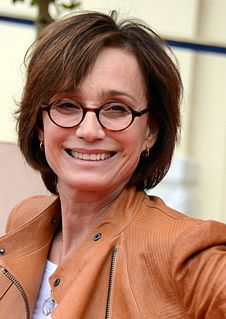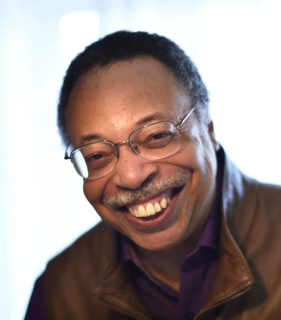A Quote by Martin Jacques
It is not an accident that developing countries - virtually the whole of East Asia, for example - view the role of the state in a far more interventionist way than does the Anglo-Saxon world. Laissez-faire and free markets are the favoured means of the powerful and privileged.
Related Quotes
There was nothing natural about laissez-faire; free markets could never have come into being merely by allowing things to take their course. Just as cotton manufactures were created by the help of protective tariffs, export bounties, and indirect wage subsidies, laissez-faire was enforced by the state.
[T]he theory of output as a whole, which is what the following book purports to provide, is much more easily adapted to the conditions of a totalitarian state, than is the theory of production and distribution of a given output produced under the conditions of free competition and a large measure of laissez-faire.
Some people think that English poetry begins with the Anglo-Saxons. I don't, because I can't accept that there is any continuity between the traditions of Anglo-Saxon poetry and those established in English poetry by the time of, say, Shakespeare. And anyway, Anglo-Saxon is a different language, which has to be learned.
I have these guilts about never having read Chaucer but I was talked out of learning Early Anglo-Saxon / Middle English by a friend who had to take it for her Ph.D. They told her to write an essay in Early Anglo-Saxon on any-subject-of-her-own-choosing. “Which is all very well,” she said bitterly, “but the only essay subject you can find enough Early Anglo-Saxon words for is ‘How to Slaughter a Thousand Men in a Mead Hall’.
Exporters monitor economic and political policies to the developing world, but the consequences of that have been to make developing countries far more sensitive to the constant fluctuations. Developing countries are not always allowed to support their farmers in the same way as the U.S. or Europe is. They're not allowed to have tariff barriers. They're forced, more or less, to shrink their social programs. The very poorest people have fewer and fewer entitlements. The consequence of this has been that there's been a chronic increase in the vulnerability of those economies to price shocks.
The early 20th Century was probably the high tide of global white supremacy - I'm going to call it that because that's how people thought of it - and to be specific, Anglo-Saxon supremacy: The idea that white Anglo-Saxon Protestants were at the top of the world, representing the highest achievement possible for all of humanity, with Darwin's theories being used to prop up this belief.
To check centralization and usurping of power ... we require a new laissez-faire. The old laissez-faire was founded upon a misapprehension of human nature, an exultation of individuality (in private character often a virtue) to the condition of a political dogma, which destroyed the spirit of community and reduced men to so many equipollent atoms of humanity, without sense of brotherhood or purpose.

































